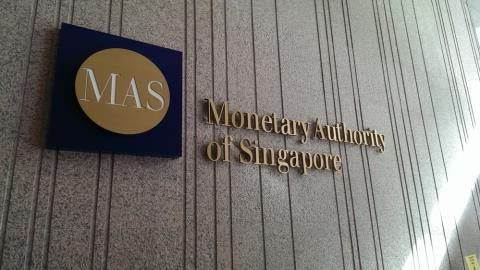The Monetary Authority of Singapore (MAS) has collaborated with banks and technology firms to establish a generative AI risk framework and is actively exploring the application of this technology in the financial services sector.
Earlier this year, MAS initiated Project MindForge to examine the implications of generative AI for the financial sector. The project’s first phase involves a white paper that outlines a risk framework designed to address challenges such as sophisticated cybercrime, copyright issues, data risks, and inherent biases.
Key players supporting this initiative include DBS, OCBC, United Overseas Bank, Standard Chartered, Citi Singapore, HSBC, Google Cloud, Microsoft, and Accenture, all working together to ensure the responsible use of generative AI.
The framework identifies seven risk dimensions: accountability and governance; monitoring and stability; transparency and explainability; fairness and bias; legal and regulatory compliance; ethics and impact; and cyber and data security. Additionally, a platform-agnostic generative AI reference architecture has been created, providing organizations with a blueprint for building robust enterprise-level technology capabilities.
The consortium is now progressing to apply use cases focused on complex compliance tasks and identifying interconnected financial risks, with plans to include insurance and asset management firms in the project.
Sopnendu Mohanty, MAS’s chief fintech officer, noted the importance of developing a clear framework for the responsible application of generative AI technology as the financial industry continues to explore its potential. He emphasized that MindForge aims to tackle common challenges and promote AI-driven innovation while ensuring sustainable technology use.
Research from the Gilmore Centre for Financial Technology reveals that 93% of senior decision-makers at financial institutions believe the UK Government should implement stricter regulations for generative AI. Additionally, 77% expressed dissatisfaction with the Prime Minister’s approach to this technology, and 85% reported concerns over its associated security risks.
The development of the AI Framework is part of a broader set of initiatives announced by Singapore’s central bank during the annual fintech festival. MAS also plans to launch a live wholesale Central Bank Digital Currency (CBDC) for interbank settlements next year, with initial pilots focusing on retail payments between commercial banks. Future pilots may explore the use of wholesale CBDC for cross-border securities trading.
Under Project Orchid, MAS will oversee four new pilot trials for digital currency in collaboration with various banks and tech partners. Additionally, MAS is launching a local ESG hub to streamline the financial sector’s ability to collect, access, and act on sustainability data. This initiative is reinforced by a cross-border platform established by Greenprint Technologies, with HSBC, KPMG in Singapore, MAS, Microsoft, and MUFG Bank serving as strategic partners.
